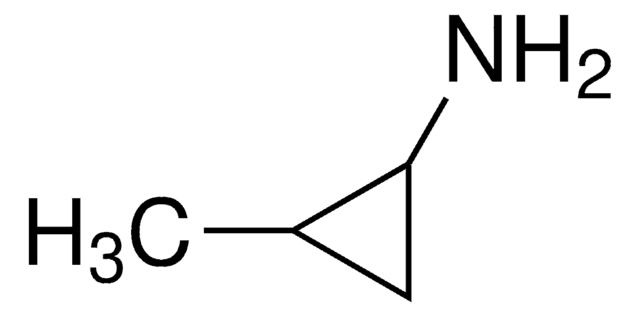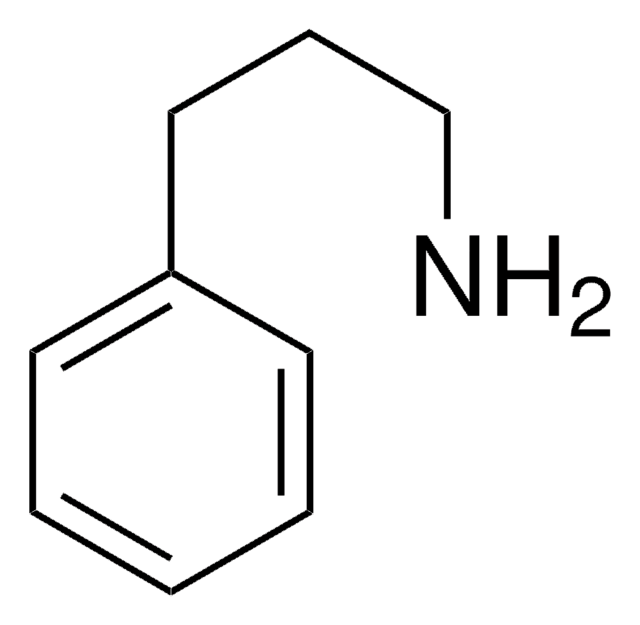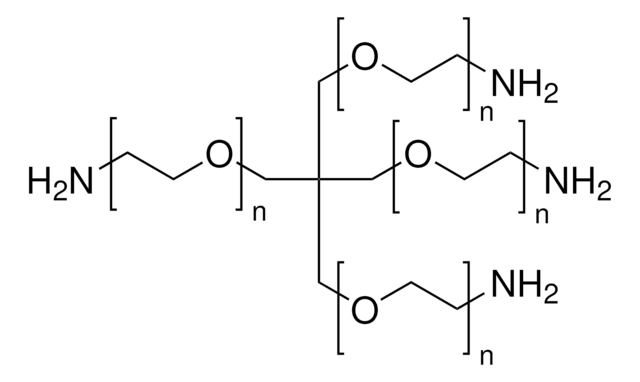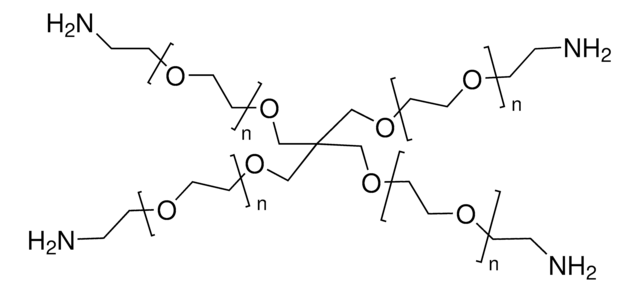752460
Poly(ethylene glycol) diamine
average MN 10,000, cross-linking reagent carboxyl reactive, amine
Synonym(s):
Poly(ethylene glycol) bis(amine), Polyethylene glycol, O,O′-Bis(2-aminoethyl)polyethylene glycol, Diaminopolyethylene glycol, PEG-diamine, Polyoxyethylene bis(amine)
About This Item
Recommended Products
product name
Poly(ethylene glycol) diamine, average Mn 10,000
form
powder or solid (or chunk(s))
Quality Level
mol wt
average Mn 10,000
reaction suitability
reagent type: cross-linking reagent
reactivity: carboxyl reactive
mp
56-60 °C
Ω-end
amine
α-end
amine
polymer architecture
shape: linear
functionality: homobifunctional
InChI
1S/C6H16N2O2/c7-1-3-9-5-6-10-4-2-8/h1-8H2
InChI key
IWBOPFCKHIJFMS-UHFFFAOYSA-N
Looking for similar products? Visit Product Comparison Guide
Application
Storage Class Code
10 - Combustible liquids
WGK
WGK 3
Flash Point(F)
Not applicable
Flash Point(C)
Not applicable
Choose from one of the most recent versions:
Already Own This Product?
Find documentation for the products that you have recently purchased in the Document Library.
Customers Also Viewed
Articles
The use of hydrogel-based biomaterials for the delivery and recruitment of cells to promote tissue regeneration in the body is of growing interest. This article discussed the application of hydrogels in cell delivery and tissue regeneration.
Our team of scientists has experience in all areas of research including Life Science, Material Science, Chemical Synthesis, Chromatography, Analytical and many others.
Contact Technical Service







